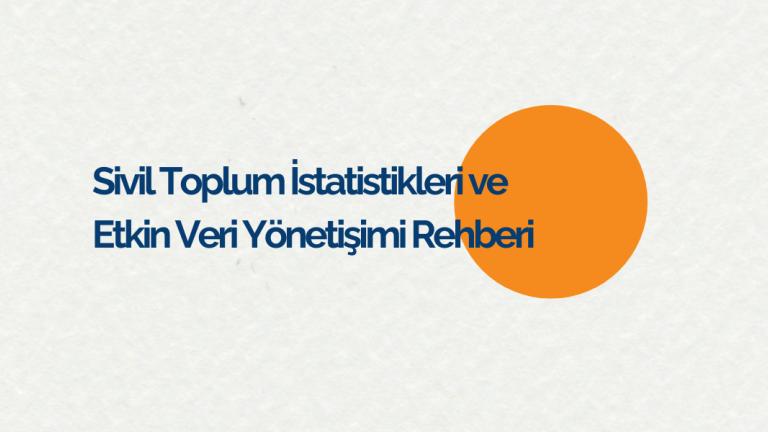
We Can't Breathe…
You can't turn it off. It winds its way through the forest. It hangs around. Once you open the one that burns like a threshing, it's done. Difficult to jump. Gone stays where it is. But I have no hope in this wind. We can't turn it off. The great mountain will burn. Cor! That's it. This is how the country is on fire. A country is on fire, we remain spectators.'
(…) And the fire continues. Now in İzmir, Kemalpaşa, Karacadağ, İçel, Silifke, Anamur, Antalya, Manavgat, Gündoğmuş, Alanya, Korkuteli, Elmalı, Kaş in Muğla, Fethiye, Köyceğiz, Aydın, Karacasu, Manisa, Balıkesir, Dursunbey, Bandırma… Adana, Kadirli, Kozan … in Eskişehir… In short, in seven climates and four sub-districts… the forests of a country are on fire. It burns in sight. It burns helplessly.”
Yaşar Kemal, 50 Days in Burning Forests (1954)
Yaşar Kemal interviewed 50 Days in Burning Forests in 1954, and now we are sadly witnessing that not much has changed since then, with nearly 100 forest fires in 24 provinces, which started on July 28, 2021, and are still not completely under control, that took our breath away... The effect of the wind, the inadequacy of fire extinguishing equipment, the climate crisis, etc. The reasons caused the fires to last for days, spread, and hectares of forest areas were destroyed, living things lost their lives, and the ecosystem was turned upside down. In addition to the sadness, anger, anxiety, and fear we experienced in the face of all this, we thought of "why did the fires break out?", "Why couldn't they be extinguished in such a long time?", "were the forest fires unexpected or was it because we were unprepared that they lasted so long?" what will happen now and what should we do?” We have been desperately looking for answers to questions such as:
- Maybe not to rank these questions in order of importance, but we didn't want to give priority to why the fires broke out while we couldn't put out all these fires yet. Discussions about the causes of fires, such as arson, terrorist attack, or climate crisis, will only cause speculation as we do not know the cause of the fires yet, which will benefit neither the people who are trying to put out the fires nor the authorities investigating the real cause of this issue. Perhaps it will be more appropriate and effective to discuss these issues after all these fires are extinguished.
- For all these reasons, in this article, we first wanted to talk about when and how the fight against forest fires should begin.
When does firefighting start?
It is an inevitable fact that forest fires will occur in Turkey. As in other Mediterranean countries, these fires were never an unexpected event due to the hot and dry summer months. So, because we say "inevitable", should the fight against forest fires start after the fires break out, or is being prepared the biggest trump card we have to prevent the number of fires and their spread to more areas?
In our country, fire fighting usually starts after the fires break out. The vehicles used to quickly respond to the fire, the number of airplanes and helicopters used to become the subject of discussion, and then, when the "fire season" is over, the inevitability of the fire is forgotten until the next "season". Although the importance of these interventions in the event of a fire is undeniable, our priority should always be “preventive measures” due to the geography we are in.
So how should this process go?
Before the "fire season" in our country between May and October, an intervention policy should be determined every year, taking into account the fires that took place in the previous year and their consequences. The response policy should be updated and shaped by determining the regions, intensity maps, definite and possible causes of the fires in previous years, whether there are deficiencies in responding to the fires, and what kind of support is needed in the face of these deficiencies.
We know that "society" and also "government" must prepare themselves for all these "unsurprising" forest fires. We must act now. We do not have the breath to stand for more instant measures and solutions. Maybe we cannot prevent all fires, but we can prevent the spread and increase of fires with the measures we will take. We should create evacuation plans, inform the people who live in the fire area and visit the area seasonally, about the process, and increase their control in the forests. We have to take steps to solve the ecological crisis. With the measures we will take, nature will experience the change process it needs and will not have to struggle with more.
So, if we leave all these discourses aside, what can we do for our burning trees and other living things?
It looks like it's messed up for us right now. Who is responsible for extinguishing forest fires, is it the current government, municipalities, or the people of the region? At this point, it would not be a wrong approach to say that the responsibility for the protection, development, and operation of forests in Turkey rests with the General Directorate of Forestry. Although local governments, local people, and citizens have responsibilities, we cannot and should not avoid saying and determining the main responsible in this whole process.
So what can we do;
- The importance of fire workers should not be overlooked, since the rugged and landslide structure of Turkey does not allow the intervention of aircraft and helicopters at any time, the problems of fire workers should be resolved, their legal rights should be given and the scope of "seasonal" fire workers should be re-evaluated,
- Considering that forest fires in Turkey are not an "unexpected" or "extraordinary" situation, the number and strategies of fire extinguishing planes and helicopters should be determined, with policies determined against fires that are likely to increase every year due to natural conditions such as climate crisis,
- In particular, as civil society organizations, we should carry out the necessary plans to provide the necessary support in the field, identify the needy and deliver the aid to the right places, and make efforts to ensure that the society reaches the right information,
- We should not forget the importance of acting jointly, and in this direction, we should act together as civil society organizations under certain main headings (material and equipment supply, animal support, accommodation support, food support, etc.), and we should prepare regional strategies,
- We can support as much as we can by following the social media posts, activities, and needs of the region from reliable sources of civil society organizations that are personally involved in the fire areas or are in contact with the relevant municipalities and local governments,
- It should not be forgotten that forest fires are an extremely dangerous, technical, difficult, and training job, and should always listen to the warnings of the General Directorate of Forestry personnel trained in the field, and always stay away from the actions that will hinder the work of professional employees,
- We should always approach the news spread on social media with caution. We should not disseminate any information without confirmation, and we should avoid discussions that will not be beneficial for the process at that time. Let's not forget that such moments of crisis are always open times for speculation and can harm the control and healthy progress of the process.
If we leave aside all that we have talked about… Do we forget the burning trees, the people who died in the fires, the animals, the people who lost their homes, jobs, lives, memories, and lives by drinking a cup of tea or soup? I do not think so.
Does what we have to say about fires end here? No.
More “Why might these fires have started?”, “Will everything be the same as before if we donated saplings?”, “If we plant walnuts instead of pine on the burned places, we will be less out of breath from now on?”, “What is an ecosystem and what is not?” We have questions to talk about.

STGM Studio
We have good news for CSOs that want to produce video content. In our studio in our office, you can shoot your videos and get editing support.





